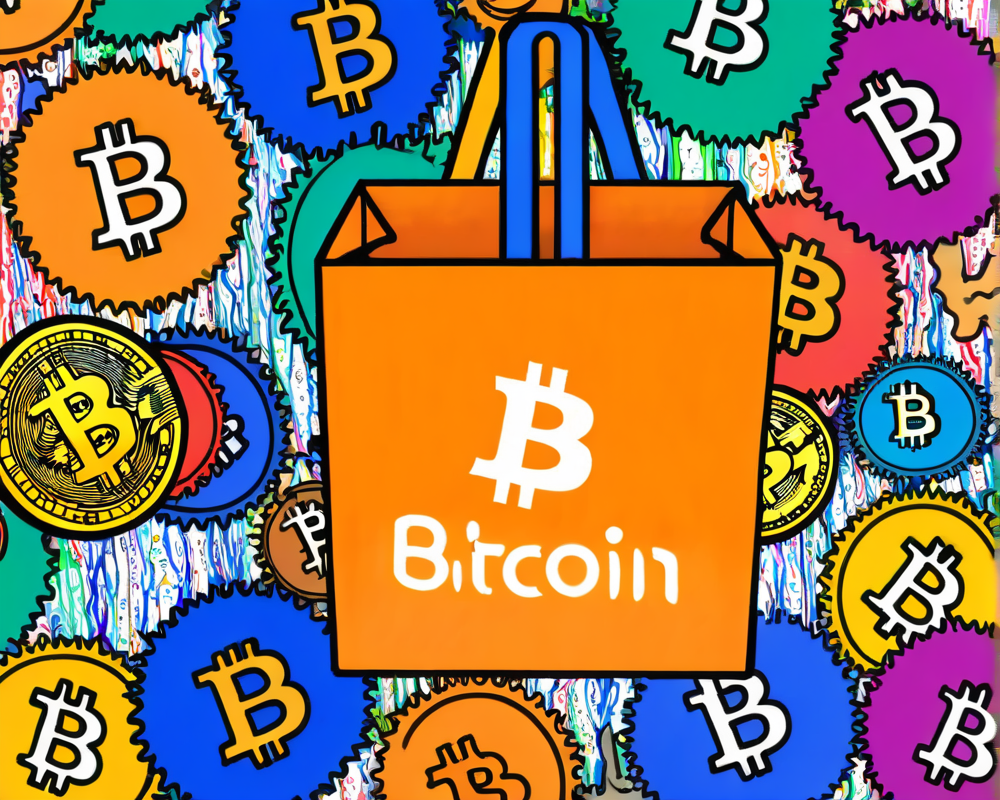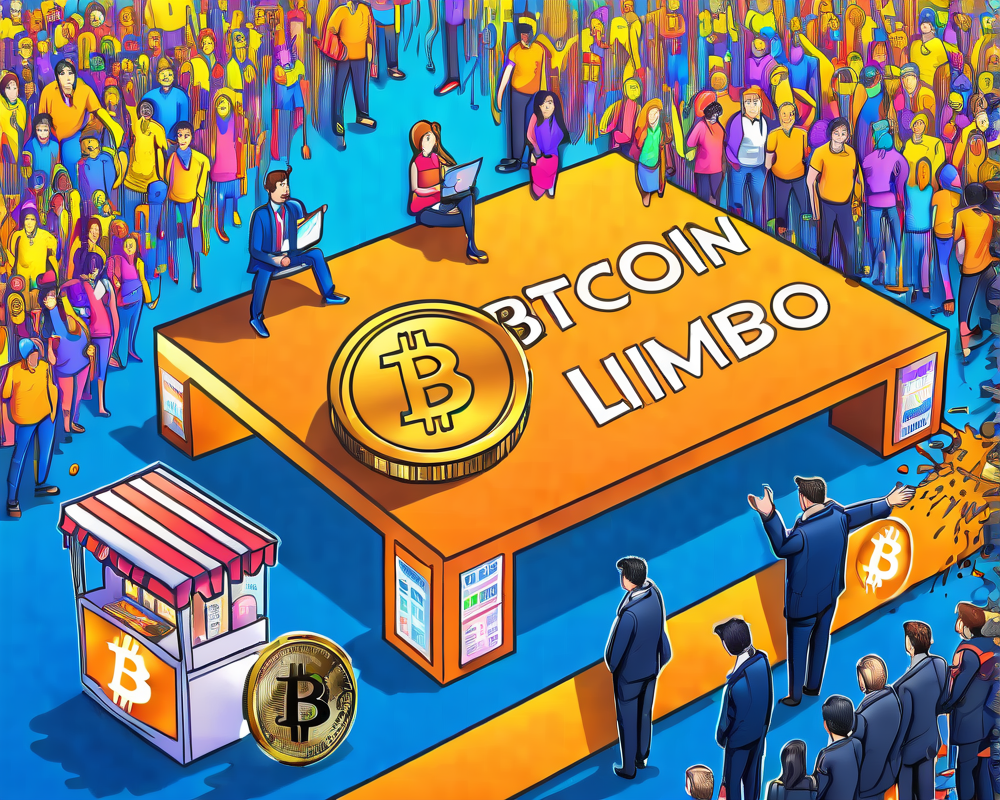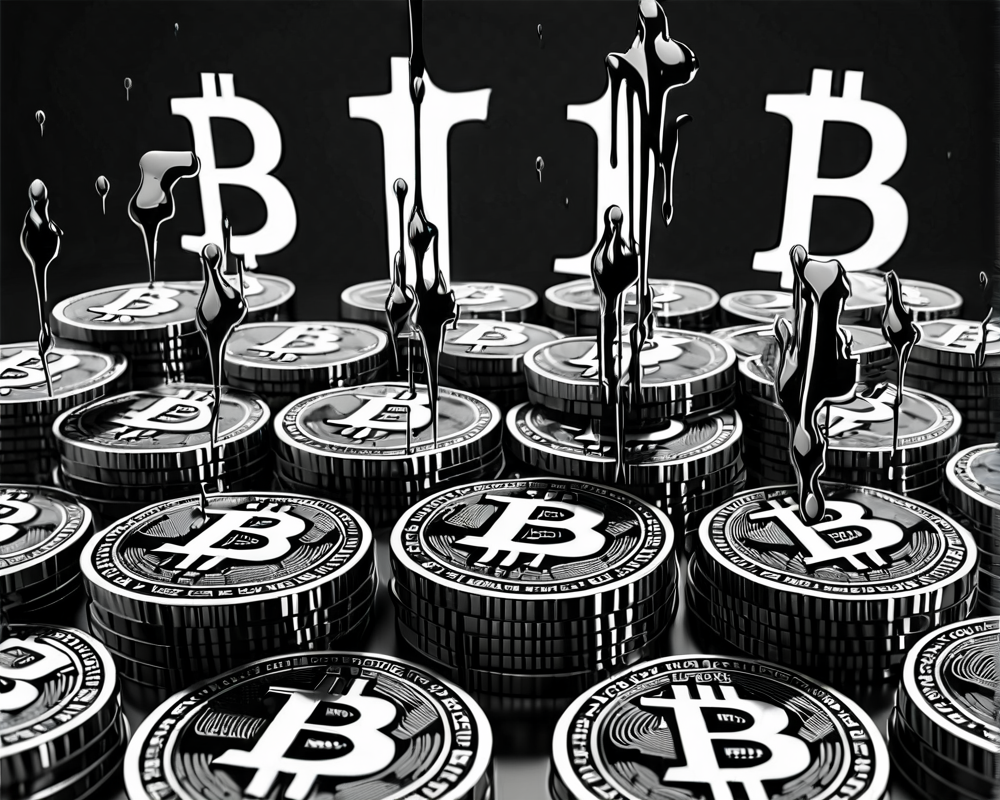The Bitcoin Conundrum: To Trust or Not to Trust?
In the fast-paced and often cryptic world of cryptocurrency, security breaches can send chills down the spine of any Bitcoin (BTC) holder. Especially when the notion of centralized exchanges comes into play. Today, we delve into the perspectives of experts and everyday Twitter users to unpack why storing Bitcoin on these platforms might not be the golden ticket it seems.
Paper Bitcoin: What On Earth Is That?
Rufas Kamau, a savvy research analyst from Scope Markets Kenya, makes a bold claim: buying Bitcoin on centralized exchanges merely gives you an IOU, akin to a “paper Bitcoin.” He argues that when you’re on an exchange, you’re essentially signing up for a promise that gets settled at the moment you withdraw. Spoiler alert: it’s complicated.
When you buy Bitcoin from an exchange and decide to keep it there, it’s kind of like renting a fancy car. Sure, you can drive it, but it’s not really yours. You’re just holding a piece of paper declaring, “You owe me one Bitcoin.” And let’s face it, if you’re holding paper, the only thing you might earn are those lovely high withdrawal fees. At this point, you’re likely wondering: is it time to trade my paper for the real thing?
Withdrawal Fees: Proof of Existence or Theft?
Speaking of withdrawal fees, these aren’t just financial inconveniences — they can feel like being charged for getting your own items back from a pawn shop! Kamau highlights that exchanges have developed clever strategies to discourage users from withdrawing their Bitcoin, such as punishing them with exorbitant fees. Ever felt trapped like a hamster in a wheel as the exchange just wants to keep turning?
The Dangerous Dance of Bitcoin Custody
Plus, there’s the temptation of staking services the exchanges offer. Getting an annual percentage yield (APY) on your essentially borrowed Bitcoin could make anyone weak at the knees. But, as Kamau points out, while users are happy earning a little interest, exchanges are cashing in by selling the Bitcoin they hold on behalf of their clients. Think of it as baking a cake but allowing someone else to eat it while you get crumbs. The more BTC they sell, the more the price could dip and leave investors holding the bag, or rather, the paper.
Words of Caution from the Cryptocurrency Community
The warnings don’t stop at Kamau. Other Twitter users echoed similar sentiments. One even pointed out that in the event of an exchange collapse, your beloved coins would become the property of the exchange. Yes, you might just end up being a high-stakes unsecured creditor—the horror!
Another sharp user raised questions about the likelihood that exchanges can short Bitcoin without actually holding any. Could we be looking at a wild circus act gone wrong? As the crypto community appears split, it becomes clear that opinions vary widely.
The Response from Exchanges: Trust Us!
Amid the chaos, representatives from exchanges such as Binance believe in the sanctity of users’ funds. They insist their users’ assets are securely stored away and that they cannot, and do not, move clients’ funds without consent.
So, what’s the real lesson here? In a world where exchanges can flop faster than you can say ‘Satoshi Nakamoto’, exercising caution isn’t just smart; it’s the only way to safeguard your precious Bitcoin. To the good folks holding their Bitcoin on exchanges: perhaps it’s time to embrace a more secure approach to managing your digital portfolio.




